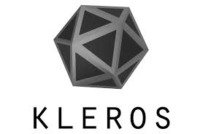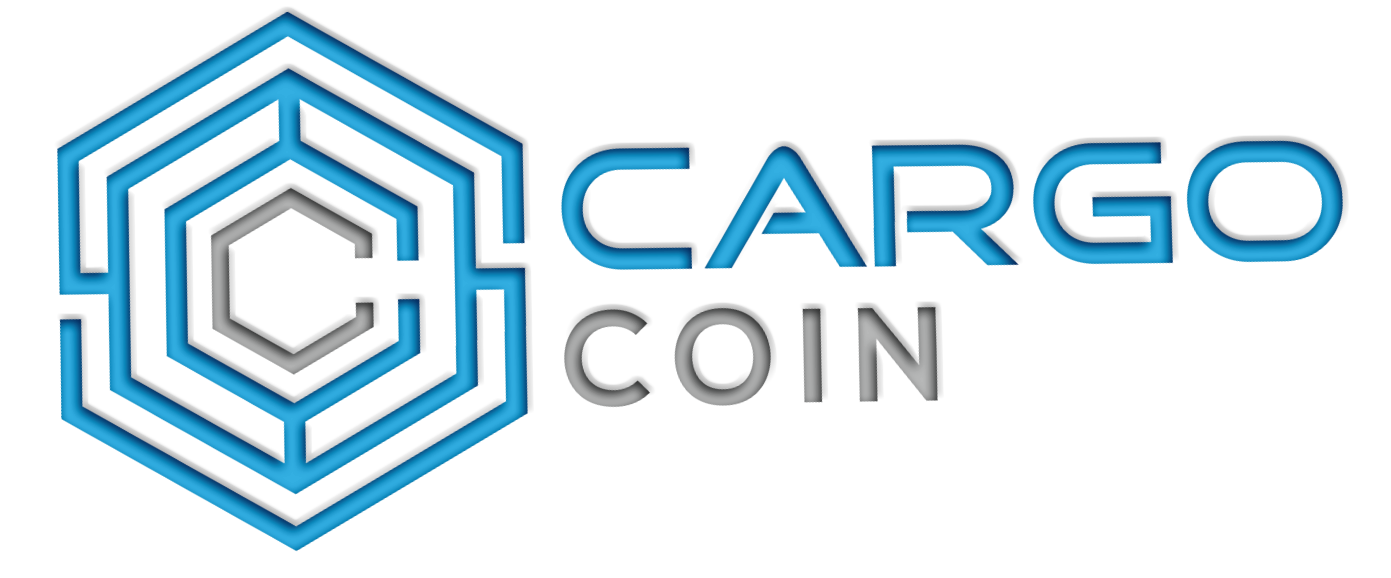One of the biggest challenges when it comes to understanding cryptocurrency and blockchain technology is the mind-boggling size of the disruption it is expected to cause. You can come up with an estimate of the amount of water in the ocean (1.3 billion cubic kilometers), but this number doesn’t really register because we just don’t have the capacity to wrap our minds around it.
In the same way, when trying to value the potential of cryptocurrency and blockchain technology, the borderless nature of the tech means you have to consider the entire global economy. Representations of the economy are also politically motivated, so there is a lot of distortion, making an accurate assessment even more difficult.
As difficult as it may be, this is the level on which cryptocurrencies truly shine.
Bitcoin represents the discovery of the world’s first open, globally accessible payment network, and Ethereum has shown the theoretical potential of applying this technology in many other spheres. So what projects out there have the potential to reshape the global economy?
Here are 5 of our picks.
Blockchain Projects That Could Transform the World Economy
Siacoin

Filecoin, Maidsafe, and StorJ are all trying for the same segment, and could just as easily be included here.
Siacoin is in a pretty experimental phase, but if it takes off it could give rise to entirely new industries.
As technology continues to reshape the economy, there are fewer full-time, traditional jobs, and more people need multiple, passive streams of income.
If Siacoin or one of Sia’s competitors is able to nail the formula, a major alternative to centralized data centers could be born. Some have called this approach “AirBnB for hard drives” because it allows for decentralized storage of files across thousands of hard drives, effectively allowing participants to rent out their disk space.
Demand for data is continually increasing, and demand for data storage with it. The growth of the information economy is already outpacing the conventional economy, and with a decentralized storage system, average people anywhere in the world could enter into the cloud storage race and compete with the likes of Amazon and Google.
Millions of terabytes of unused disk space all over the world is economic value, which by means of projects like Siacoin, could be converted into money.
Kleros
The world is becoming more globalized all the time. Companies already move from country to country, seeking the friendliest regulations, but this can make international dispute resolution more challenging since laws vary from country to country.
This is a problem especially for smaller companies or entrepreneurs that would like to get some of the benefits of going international but can’t afford a dedicated legal staff.
Kleros is blazing a new trail by creating a protocol for decentralized dispute resolution, so far creating a system for judging… whether or not images are doge memes?
Okay, so Kleros probably isn’t going to put the U.S. Supreme Court out of business any time soon, but it is an interesting proof of concept — economic incentives can be used to decentralize making judgments. The system works by asking participants to secure a contract with a deposit.
In the event of a dispute, the deposit goes toward paying jurors who are randomly selected to ensure impartiality.
The legal services industry is worth over US$1 trillion worldwide, but the impact of disrupting legal systems could actually be much wider. This is because a standard, international protocol could be established by which partners agree to abide before entering into a partnership, seriously reducing legal costs and uncertainty.
It could also make the prospect of doing business in countries with unstable governments much less scary — if a deal is secured with cryptocurrency, there is no risk that a military coup is going to result in a dictator appropriating the capital, and no need to rely on a shaky or non-existent legal system for grievances.
This could be a game changer for global investment flows.
Swarm
There are a number of contenders trying to offer security tokens (i.e. cryptographic tokens that represent real-world assets), including Polymath, Swarm, Tokeny, and others.
Some people think securities laws in the United States give an unfair advantage to so-called “accredited investors.” In order to get accredited investor status, you either need a net worth in excess of US$1 million or an income of US$200,000 or more per year.
Particularly when it comes to technology startups, it means a large percentage of the value creation happens before ownership in a company is ever available to the public. This leads to a situation of “the rich get richer, and the poor get poorer,” as many prime investment opportunities are thus reserved for the rich.
This is supposed to protect retail investors from the consequences of making bad decisions, but if this is the government’s responsibility, why don’t they make people apply for licenses before having children?
We recently covered how Swarm Fund made available equity in fintech startup Robinhood. This is an excellent example of how security tokens can open up new investment opportunities worldwide to people who would otherwise never have such opportunities.
There is so much money to be made with approaches like these that it’s only a matter of time before more and more people start catching wind of the opportunities. Creative legal workarounds to dysfunctional or biased regulations are another field in which blockchains are likely to reshape the world economy and patterns of wealth creation.
CargoCoin
While cryptocurrencies are dissolving barriers to global payments, the actual transport of materials still faces major barriers due to procedures that haven’t changed in decades.
The legal transfer of ownership, customs clearance, and actual receipt of cargo is all mediated by extensive paperwork, which takes up time and requires the assistance of agents and brokers, each of whom takes a fee.
Until now, these legal protections have been necessary to make sure that all requirements are met. Due to the fact that international trade is so, well, international, actually establishing unified global standards is extremely challenging.
CargoCoin is, you guessed it, trying to eliminate all this bureaucracy by digitizing the paperwork and providing a platform where suppliers, shippers, and buyers can all interact and exchange value in a secure manner.
Lowering the barriers to trade means the price of importing materials will decrease, allowing for more efficiency in production by lowering costs and allowing goods that would ordinarily be produced locally to be imported. This frees up resources for focused, specialized production, which tends to be more cost effective.
If CargoCoin is able to execute their plan and get the shipping industry on board, it could lead to a chain reaction setting off a major restructuring of the global economy.
Stellar
Stellar is the biggest cryptocurrency designed specifically to address the issue of financial inclusion.
Stellar was originally the result of a dispute inside of Ripple, and it is easy to see why. While Ripple is run by a for-profit corporation, control over Stellar’s 100% pre-mined supply is managed by a non-profit.
Ripple’s main focus is on making business easier and more efficient for big banks and corporations, while Stellar is more geared towards the world’s unbanke- the 2 billion unbanked citizens of the world that many cryptocurrency startups are eyeing.
While Stellar, like Ripple, is sometimes criticized for having a 100% pre-mine, this could make adoption in places like Africa, one of Stellar’s main target markets, much easier. Rather than having to mine coins, the Stellar Foundation can simply distribute coins wherever they want to encourage adoption.
Digital payments in Africa have been in the news for the better part of the last decade, ever since M-Pesa in Kenya took off, making Kenya the world leader in digital payments before most people had ever heard of Bitcoin — so the potential is there.
Any project, including Stellar, that manages to go viral in this sector will likely cause major waves in the global economy. Getting people to adopt digital wallets in places like the US or Europe is pretty challenging, because most people already have bank accounts and debit cards integrated with PayPal and other services, so why should they bother?
In Africa, however, people can “leapfrog” straight to mobile banking because there is no archaic legacy system in place.
With widespread adoption of fast and cheap international payments, all kinds of new ways of doing business open up — particularly when it comes to digital value creation and e-commerce.
This could cause some serious balancing out of the global wage gap, accelerating a process that is already underway. More balanced wealth distribution will also lead to more overall economic growth worldwide, since a lot of people with some money will lead to more overall demand for goods and services than a few people with a lot of money.
Metamorphosis
The projects listed here are a few that have identified opportunities in this coming transformation, but there are surely many more opportunities that have not yet been discovered.
There is no doubt that the disruption that will be caused by cryptocurrency will be huge, as long as the internet still exists.
It appears to be only a matter of time before the value of various cryptocurrency, blockchain, and distributed ledger applications will be best measured in the trillions of dollars, until dollars are abandoned entirely as a unit of account — perhaps in favor of Satoshis.
The internet has transformed nearly every aspect of the way we interact with information, and now cryptocurrency is set to do the same to our relationship with money. At the same time, it will make it more clear just how big an impact the nature of our money has on society.
Disclosure: Author owns a moderate position in XLM.





